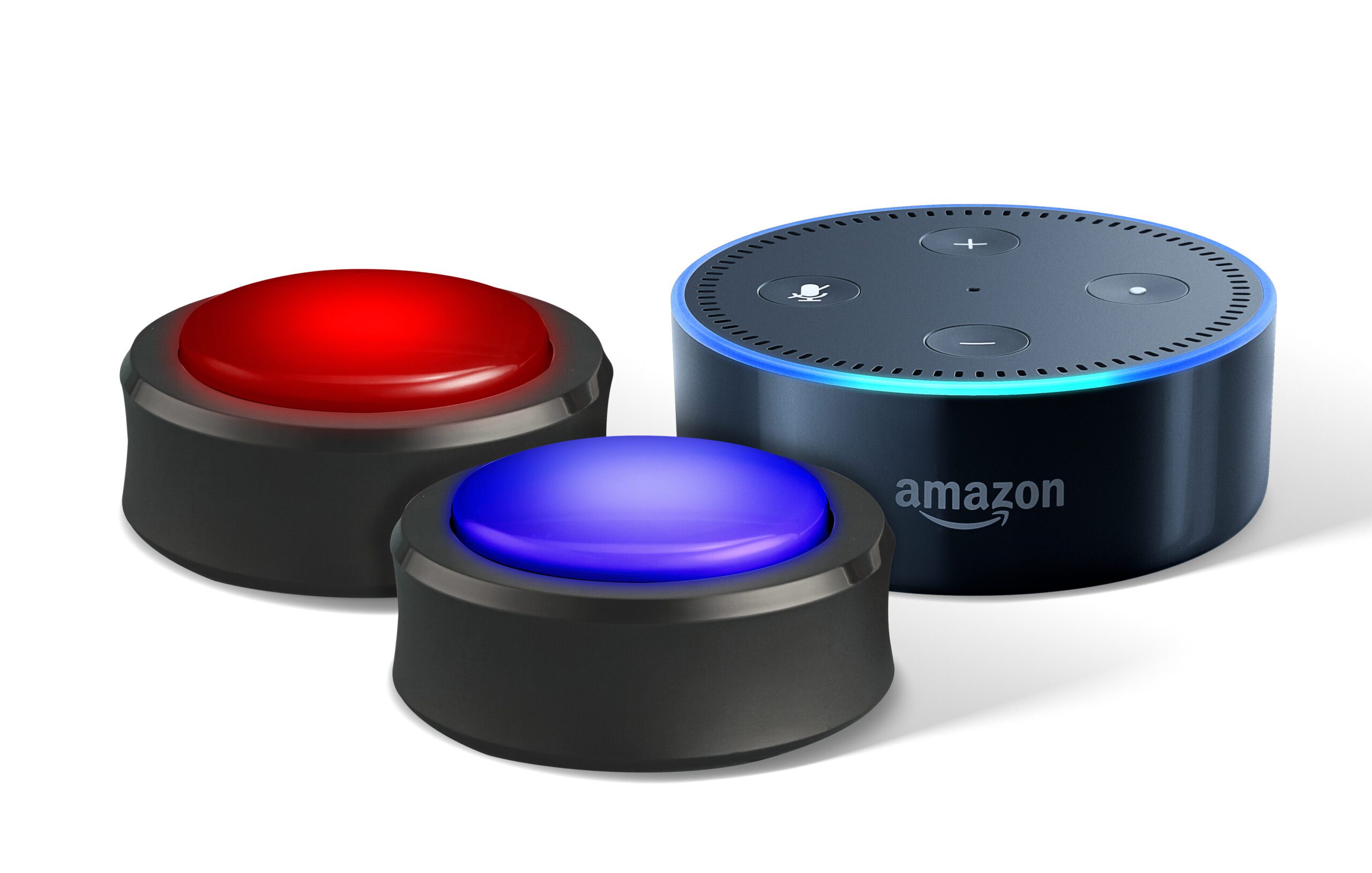The conversation about the voice interface no longer focuses on whether we’re entering a voice-first world. The questions have quickly shifted to who will lead it and how soon using our voices to search for things and manage our lives will be as second nature as texting.
My teammate Taylor Murphy recently discussed an answer to the first question: no single firm “owns” the voice-first world, but both Amazon and Google have a strong lead. The answer to the question about how quickly voice will saturate our lives comes down to how soon people will be comfortable using voice to do tasks that require extremely high levels of trust in the device you’re using, such as buying a product or handling an emergency. Most people use voice to do mundane things like check the weather. Few actually ask Alexa or Google Assistant to order a pizza or conduct other transactions. That’s because we’re not quite ready to trust a device to interpret our speech with enough accuracy.
The major players in voice are trying to address that issue. In Amazon’s January 31 earnings announcement, CEO Jeff Bezos said, “The number of research scientists working on Alexa has more than doubled in the past year, and the results of the team’s hard work are clear. In 2018, we improved Alexa’s ability to understand requests and answer questions by more than 20% through advances in machine learning, we added billions of facts making Alexa more knowledgeable than ever, developers doubled the number of Alexa skills to over 80,000, and customers spoke to Alexa tens of billions more times in 2018 compared to 2017.”
Normally CEOs comment on high-level, visionary messages in earnings releases, such as top-line growth, major product launches, and corporate strategy. I find it interesting that Jeff Bezos decided to talk about Alexa’s accuracy, and the number of Alexa skills developed. What does this tell you? That Alexa is strategic to Amazon. Jeff Bezos already saw the voice-first world coming, and he decided to help shape it.
So what does all this mean to businesses that advertise online? It means that before you know it, we’re going to turn the corner with voice accuracy. Consumers will use their voices for e-commerce. So it’s important to prepare. For example, as noted previously by my colleague Taylor, advertisers should evaluate their search queries and look for conversional text (“Who,” “What,” “Where,” “When,” “Why,” and “How” are great phrases to focus on). Also, pay attention to any long-tail queries that include a natural phrase such as “near me” or “can I get the number for . . . ”
The above advice applies not only to optimizing content on your websites but also preparing your paid media, such as paid search campaigns. Thinking like a customer might be the most effective way of ensuring your digital marketing efforts are visible to RankBrain – part of Google’s core algorithm that employs machine learning to draw the most relevant results from a search query. RankBrain collects multiple data points like keywords and the searcher’s location in an attempt to identify the intent of a search to then pair the query with the most relevant and valuable result.
Remember, voice isn’t just about using Echo or Google Home. It’s also about doing voice searches on devices where ads appear.
If you sell products on Amazon, the sense of urgency to adapt to voice is even greater. Amazon is clearly using its own retail platform to sell more Echo speakers, and more Echo speakers means more people using their voices to find and eventually buy things on Amazon.
You don’t want to be a laggard in that world. Contact True Interactive to make your online advertising flourish.
